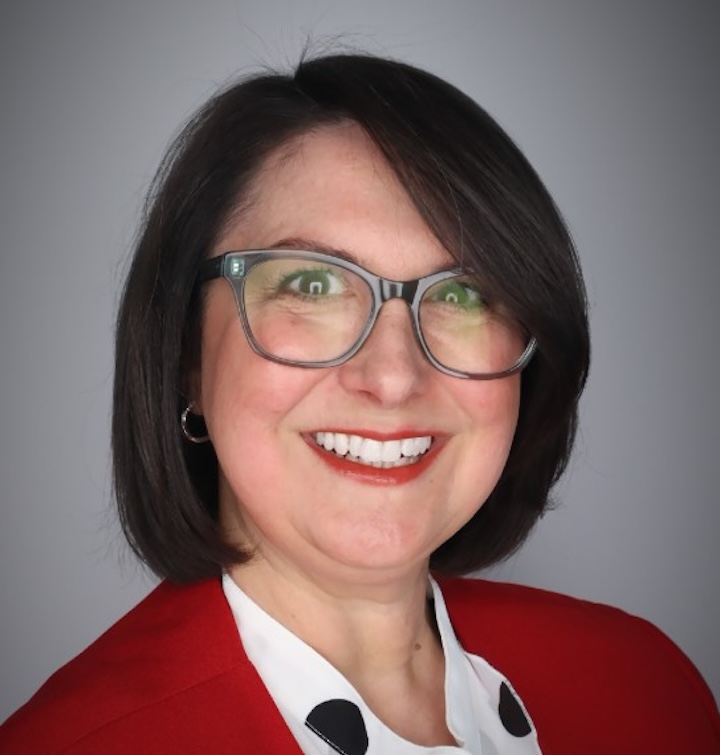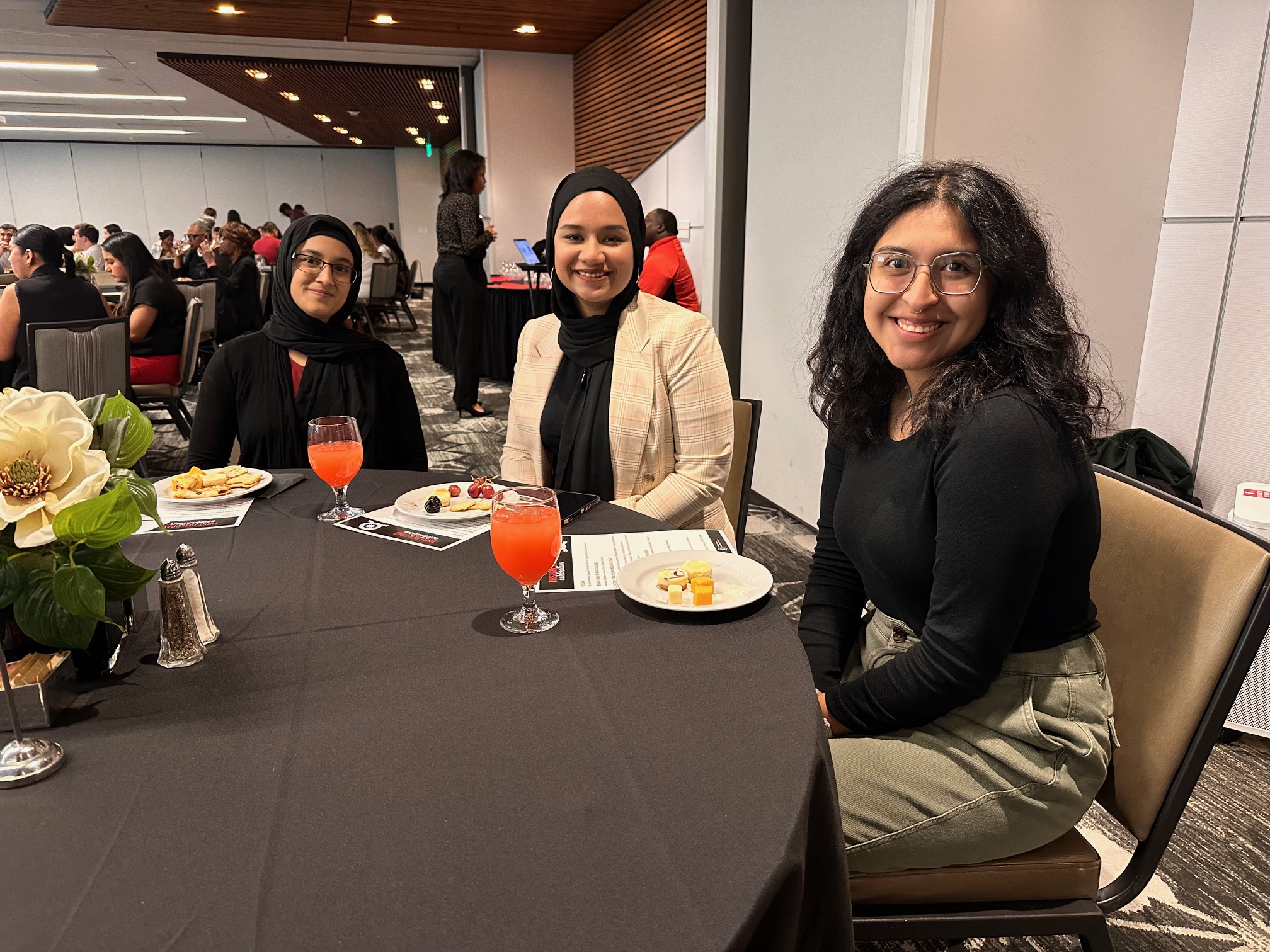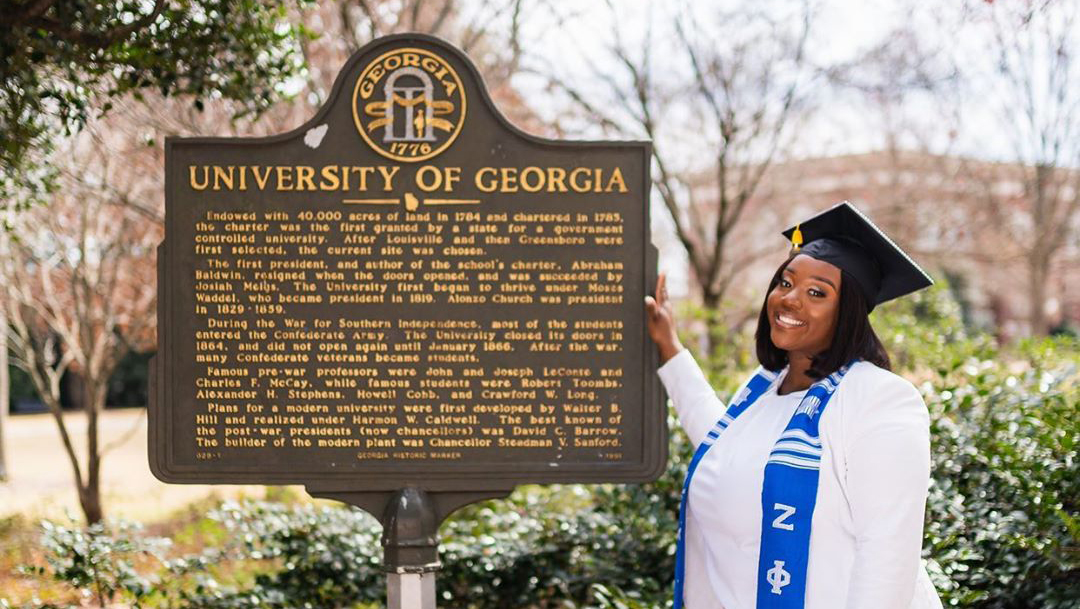As a first-year college student, a psychology major at the time, I thrived in my psychology class because my professor used different pedagogical strategies and modes of presentation. Though I had no intention of ever becoming a teacher, I remember thinking that if I were a teacher, I, too, would use these approaches. I was surprised, then, to discover that my classmates were not all earning high scores on their exams. In fact, many were failing. I wondered how anyone could perform poorly when our professor was so effective.
Since taking that psychology class in my first year of college, I’ve learned three important pedagogical lessons. First, success looks different for everyone, and these different perceptions are based on factors such as goals, personalities, and lived experiences. Second, not all students know how to learn, even when they have the highest goals. And third, although curiosity is critical to learning, not all students are curious enough to engage.
To meet every student’s needs, I believe it is important for me to get to know all the students with whom I work so that I can better understand their goals. Once I know where they are and where they want to be, I can help them map out their paths. The process of mapping pathways to goals involves conversations about how these paths are never straight because learning is recursive. Some students are put off by this nonlinear process and require more work on my part to help them foster a sense of curiosity. In a writing class, fostering curiosity might mean encouraging students to choose topics about which they feel passionate and to take risks in their writing. In a class that teaches student success, I first focus on creating a community so that everyone feels that they belong and second on collaborative learning so that the students perceive themselves as part of something bigger than themselves, a team.
My own love of learning and my curiosity are what led me, during my first semester of college, to study my psychology professor’s pedagogical practices and to wonder why her approaches were not working for everyone. Today, these traits drive my determination to find new ways to engage students in learning and to initiate their curiosity, so that they all have greater chances of achieving their version of success.




